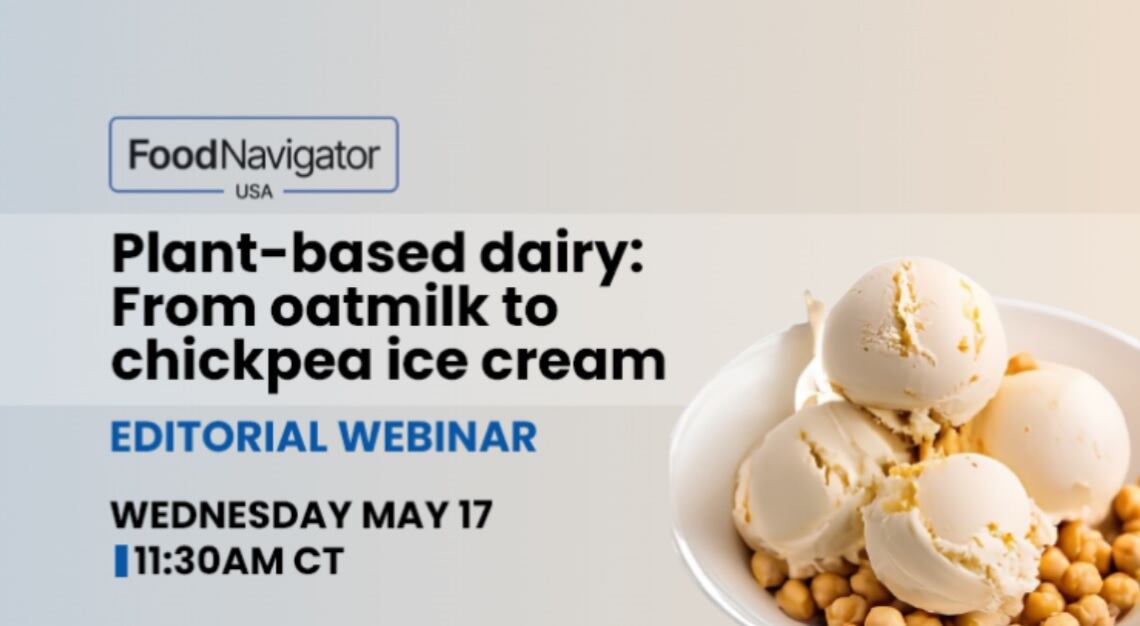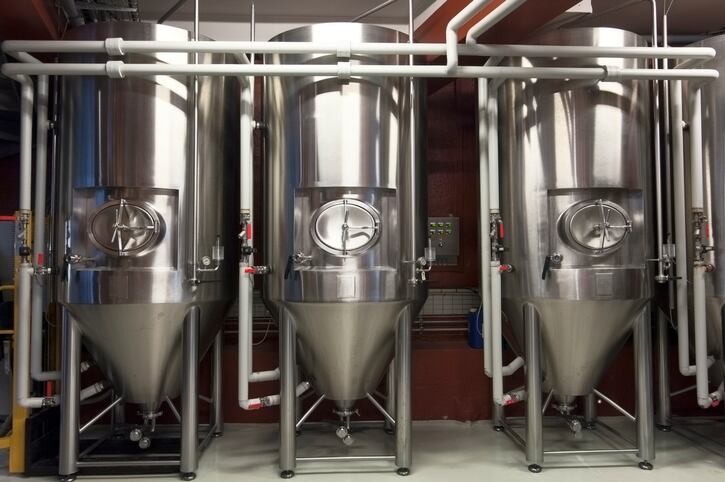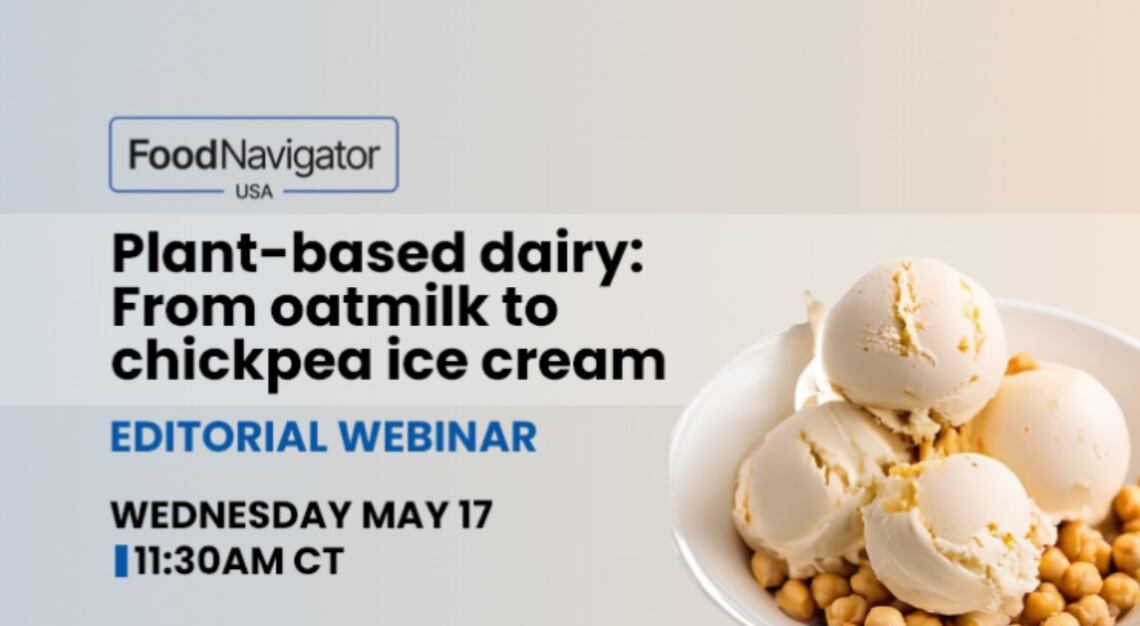The non-profit noted that while sales of plant-based products remain strong overall and overtime, despite a dip in plant-based protein’s recent performance, the industry must overcome significant challenges to seize its full long-term potential.
“Plant-based alternatives to animal products are an $8bn market in US retail” that grew 7% year-over-year in 2022 on top of a 6% gain in 2021 and a 28% gain in 2020, which is “a far cry from a little fad,” Emma Ignaszewski, associate director of industry intelligence and initiatives at the Good Food Institute, said last week during a webinar hosted by the non-profit to discuss the state of the plant-based food industry.
But, she acknowledged, much of the sales growth in the past year was driven by price – not units, which slid 3% in 2022 from the prior year. And even though this decline mirrored the 3% drop across total food and beverage in the same time period, Ignaszewski noted plant-based products are not perfect in consumers eyes.
Among the challenges confronting the segment, “taste remains the number one reason why consumers have not tried plant-based meat. It is also the number one reason why consumers who have tried it once or twice did not come back,” Ignaszewski said.
Pointing to recently published data by FMI – The Food Industry Association, Ignaszewski added another top concern is cost, which 30% of consumers said was why they didn’t continue to buy plant-based meat. Texture also was cited by 26% of consumers.
“We’ve also seen surveys that indicate consumers’ perception of [plant-based meat] as healthy has really decreased,” she added.
The good news, however, is industry is making strides to address these pain points, and research suggests that as they do the industry’s share of “committed consumers” will double.
Crop breeding enhances nutrition of plant-based protein
Industry players are addressing concerns about nutritional value and price of plant-based products by investing in crop breeding programs to redirect the current focus on yield and resilience to protein content and functionality, noted Priera Panescu, a senior scientist with GFI.
“In 2022, companies that have traditionally focused on plant-breeding efforts furthered their strategies by diversifying beyond soy and pea where necessary,” she said.
For example, she noted, NuCicer developed non-GMO high protein chickpea strains and Equinom is increasing their R&D efforts for ultra-high protein chickpeas, fava beans, mung beans and cowpeas.
“Crop companies are also focused on accelerating commercialization efforts for high quality protein ingredients. Benson Hill focused on downstream partnerships with large scale ingredient manufacturer ADM and Kellogg’s plant-based product producer MorningStar Farms. Equinom similarly partnered with large scale ingredient manufacturer AGT Food and Ingredients,” she said.
Plant molecular farming to generate non-native proteins, such as animal protein casein, through crop breeding is another strategy to improve nutrition and taste that is gaining momentum.
‘A banner year for alternative fat research and product development’
Stakeholders also are optimizing other ingredients, including fats, through fractionation to improve taste and texture, Panescu said.
“In particular,” she noted, “2022 was a banner year for alternative fat research and product development,” which are essential to improving the taste and texture of plant-based protein.
As examples, she pointed to Givaudan’s launch of PrimeLock+, a plant-based beef and pork fat replacement, made from encapsulating coconut oil and flavors. Other firms that use encapsulation to create fat replacement include Lypid, which developed PhytoFat, and Cargill, which encapsulates omega-3 fatty acids and other ingredients in its Cubiq ingredient.
Other next generation plant-based fats including Paragon Pure’s OlePBM made from upcycled rice brand oil and rice bran wax, Thrilling Foods’ patented fat-streaked plant-based bacon made with protein-bound fat and OmniFoods’ OmniNano Vegan Fat which emulsifies unsaturated fats for inclusion in plant-based beef, chicken and pork.
“Encapsulation, emulsion and oleogelation technologies all reduce the separation of plant oils from the product by protecting them so they gradually release during cooking and consumption” for a more flavorful, juicy texture and experience, Panescu added.
Advances in texturizing technologies
Plant-based product manufacturers also are using new and borrowed technology to improve the texture of their products, including extrusion, 3D printing and fiber spinning.
New extrusion technologies expand beyond traditional high and low moisture extrusion processes are enhancing texture and overall structure, such as ETH Zurich’s combination of dies for pea proteins and emulsion-based fats that are combined to create 3D, marbled plant-based meats.
Other companies playing with 3D printing of plant proteins include Redefined Meat, Novameat, Mooji Meats, Revo Foods and Cocuus, Panescu said.
“Another emerging technology that has the potential to create finer fibers than extrusion is plant fiber spinning,” which Panescu noted is borrowed from cell-cultivation, where it was initially created to build scaffolding for cultivated meat, but is now being applied to texturize plant-based meats.
[Editor's note: Interested in learning more about plant-based dairy? Join FoodNavigator-USA for an upcoming free webinar that looks at the market potential, challenges and opportunities for plant-based cheese, milk, yogurt, frozen dessert and more. Learn more and register today.]





